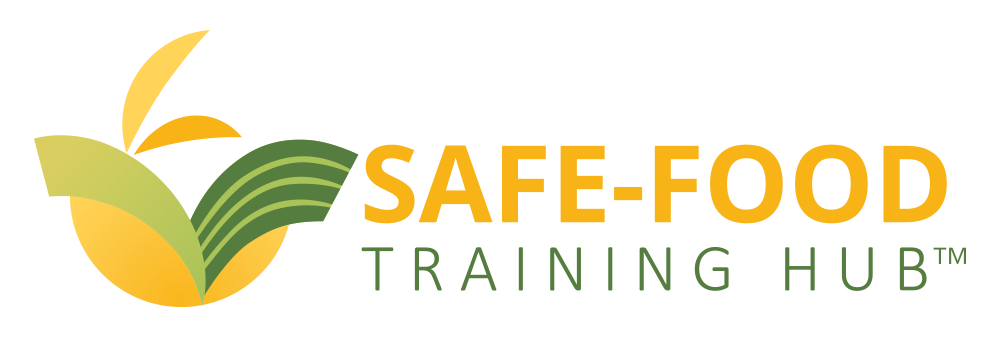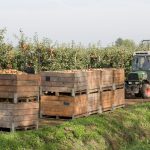Are you confident in meeting the FSMA ‘Produce Rule’ (“Standards for the Growing, Harvesting, Packing and Holding of Produce for Human Consumption”)? As part of FSMA’s reforms to America’s food safety system, the FDA have begun (in April 2019), to carry out routine inspections on farms. The new measures include agricultural water testing for potential contamination of feces, health and hygiene training for farmworkers and new provisions regarding the use of raw manure as an amendment to soil. Make sure your HACCP Plan and staff training up to date. This course is designed to help you meet the regulatory requirements, and your customer requirements for a documented food safety management system i.e. SQF, BRC or GlobalGAP.
WATCH NOW
Did you know CDC estimates that roughly 1 in 6 Americans (48 million people) get sick from foodborne illnesses each year? Surprisingly produce accounts for 46% of those illnesses, and leafy vegetables such as spinach and cabbage were responsible for the majority of the illnesses. In November 2018, the CDC issued a warning to consumers to avoid eating romaine lettuce while they investigated numerous E. coli infections across the country. That outbreak sickened 210 people in 36 states, resulting in 5 deaths. This was the most serious threat for growers from Arizona and California since the 2006 E. coli outbreak involving bagged spinach. A fresh spinach outbreak in 2006 sickened 199 people in 26 states. It caused 3 deaths and led to a widespread loss of consumer confidence in the U.S. to bagged spinach & lettuce products.
This self-paced HACCP course specifically designed for the fresh fruit and vegetable industry will refresh your knowledge and satisfy all standard requirements. This is a practical course focusing on how to apply the HACCP Principles within the fresh produce industry, particularly in a pack shed or farm environment.
This course comes with numerous downloadable HACCP documents including worked HACCP Plan example for an apple pack shed, copy of Codex HACCP, articles and scientific papers on specific outbreaks (like the Colorado canteloupes) and specific fresh produce microbiological hazard information explaining why and how outbreaks happened – and more importantly what you can do to avoid such an incident.

This course was developed by Clare Winkel, an accredited trainer and Executive Manager of Technical Solutions at Integrity Compliance. Clare holds an MBA and Bachelor of Science from Queensland University of Technology. In 2013 Clare won an award for her outstanding contributions to the seafood industry with regard to training. In 2016 Clare developed a methodology to rank the risk of raw materials vulnerability to food fraud.
Clare has worked in the food industry since 1987 across 14 countries in Europe, North America, the Caribbean, Australia, New Zealand and South Pacific. Clare has a particular interest in food safety, site security, food fraud, vulnerability, traceability and food defense. Clare is often invited to present at international conferences and contributes to magazines, blogs, publications and case studies on the subject matter. Clare is a panel member Codex Committee on Food Import and Export Inspection and Certification Systems (CCFICS) and a panel member on the Allergen Bureau Agricultural Allergen Cross Contact Working Group.
Clare is currently working in Australia for Integrity Compliance Solutions (ICS) where she has developed several online courses sharing her knowledge, methodology and expertise. To contact Clare please email; [email protected]











